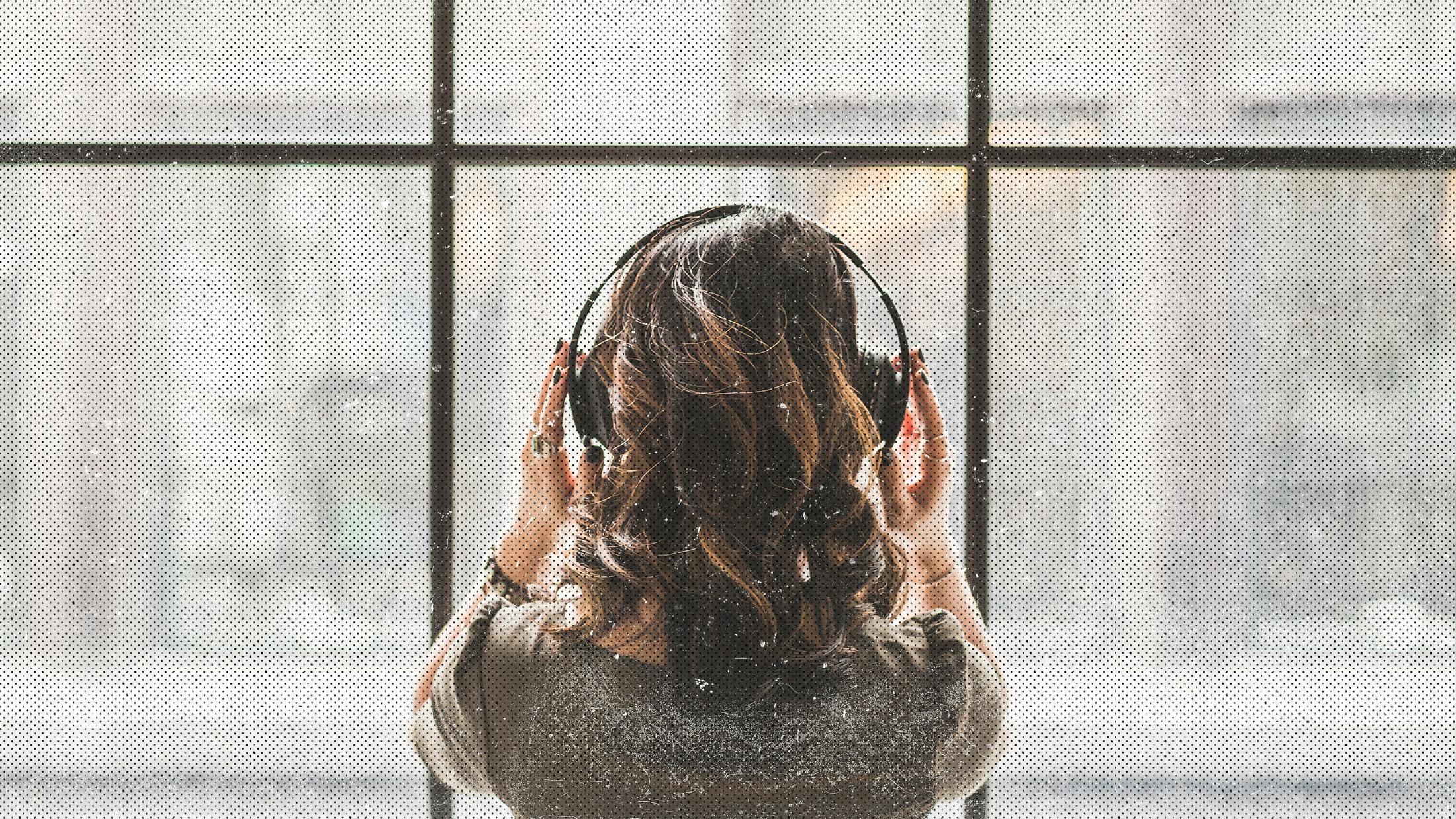Protests about streaming royalty rates are nothing new: artists have grumbled about them ever since Spotify launched in the UK in 2009, as the payments compared badly to those received during the physical era. Some artists have criticised Spotify in particular (the company is now valued at over $60 billion on the U.S. stock exchange, despite not yet turning a profit), while others say that outdated record deals, often signed with labels before streaming became the dominant format, are to blame.
But, either way, with bands unable to make money on the road since the first lockdown a year ago, the complaints have been galvanised via online campaigns such as #BrokenRecord and #FixStreaming – and are now even being heard in the corridors of power.
At the start of the year, the UK government’s Department for Digital, Culture, Media & Sport Committee launched an inquiry into the economics of music streaming. MPs have heard from artists, record labels and streaming services alike and are now set to make recommendations that could transform the way bands get paid.
At the moment, everyone’s monthly tenner goes into a huge pot. After the streaming service, VAT, the record label, the music publisher and the songwriters take their cuts, research from trade body BPI (British Phonographic Industry) shows around £1.33 filters through to the artists. But that has to be split, according to market share, between every artist streamed that month – from your favourite underground grind band to the biggest names in music.
This system undoubtedly works well for those with large catalogues of songs that are streamed millions, or even billions of times: the major labels and huge pop/hip-hop acts that regularly drop new singles. But some say rock and metal bands, which still rely heavily on the album format and release music less often, are naturally disadvantaged.
Indeed, rock streaming is dominated by classic tracks by bands such as AC/DC, Linkin Park and Green Day, and its overall numbers are dwarfed by other genres, with many rock fans still preferring to buy a physical album.
